MICHAEL ECKERSON May 10, 2023 Tech

Saving money on fuel is on everyone’s mind these days, and a few small adjustments can add up to big savings. There are a number of things you can do to increase your vehicle’s mileage and extend its service life.
We all know a “lead foot” gulps gas and a poorly tuned engine can shorten the times between fill-ups, but there are many more simple changes you can make that have a collective effect. We’ve compiled some tips to help you increase your fuel economy and save some cash. The more of these tips you put into action the better your mileage will be and the longer your vehicle service intervals will be.
Let’s keep score of the ones you know (and practice) and how many more you will add to your daily commute.

TIP: Reset your car’s MPG display and keep an eye on how your driving affects the number.
Starting and stopping is necessary on surface streets but easy acceleration and braking use less fuel and is easier on wear parts. Use cruise control while driving on the freeway. Keeping a constant speed optimizes fuel consumption by 10-40%.

The A/C compressor puts a greater load on the engine, which reduces fuel economy. Park in the shade whenever you can, use a sunshade behind your windshield and leave windows open slightly for ventilation. This also helps prolong your interior.
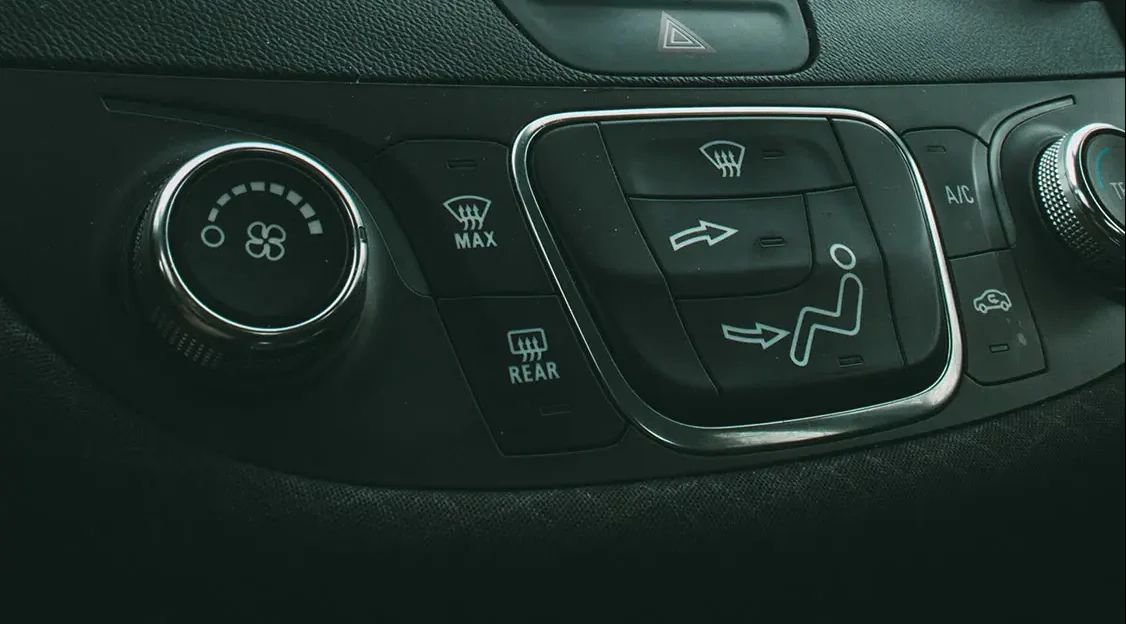
This is one of the most important things you can do for overall economy and to reduce tire wear. Check your owner’s manual for the recommended level of inflation. Check your tire pressure regularly (every two weeks is a good goal). When the air pressure in your tires is low, your vehicle will burn more gas than necessary. Low tires create a wider contact patch on the road which causes increased friction. This also causes the engine and brakes to work harder and tires to wear sooner and unevenly.
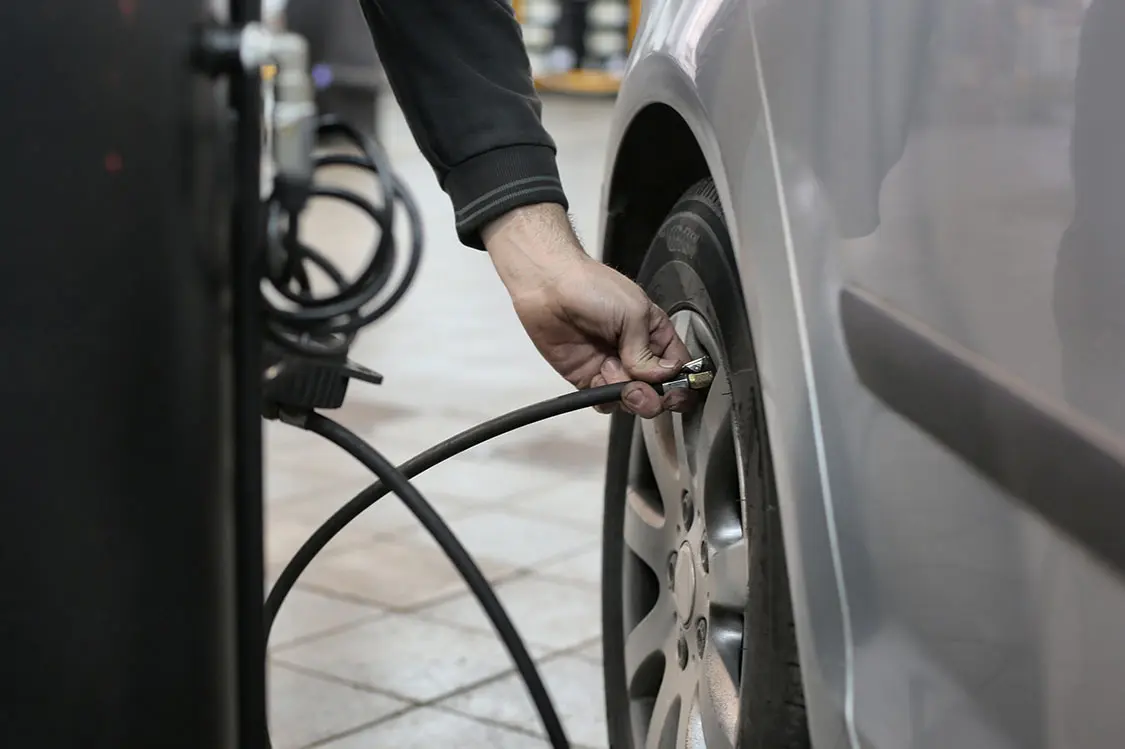
TIP: Proper tire pressure is especially important for low-profile tires. Running at low-pressure will irreparably damage the sidewall very quickly.
Leave non-essentials (especially heavy items) out of your vehicle, particularly if you drive a smaller vehicle. If you’re traveling and can’t avoid a heavy load, put your cargo in the trunk if possible.

Airflow becomes restricted as an air filter becomes clogged with dirt and debris. This causes a vehicle’s fuel management system to add more gasoline to the mix of fuel and air, lowering gas mileage. Changing a filter that’s clogged will restore the right ratio and help fuel economy. A stock OEM or “dry” aftermarket replacement filter is recommended more than “oiled” filters that can gum up sensors.
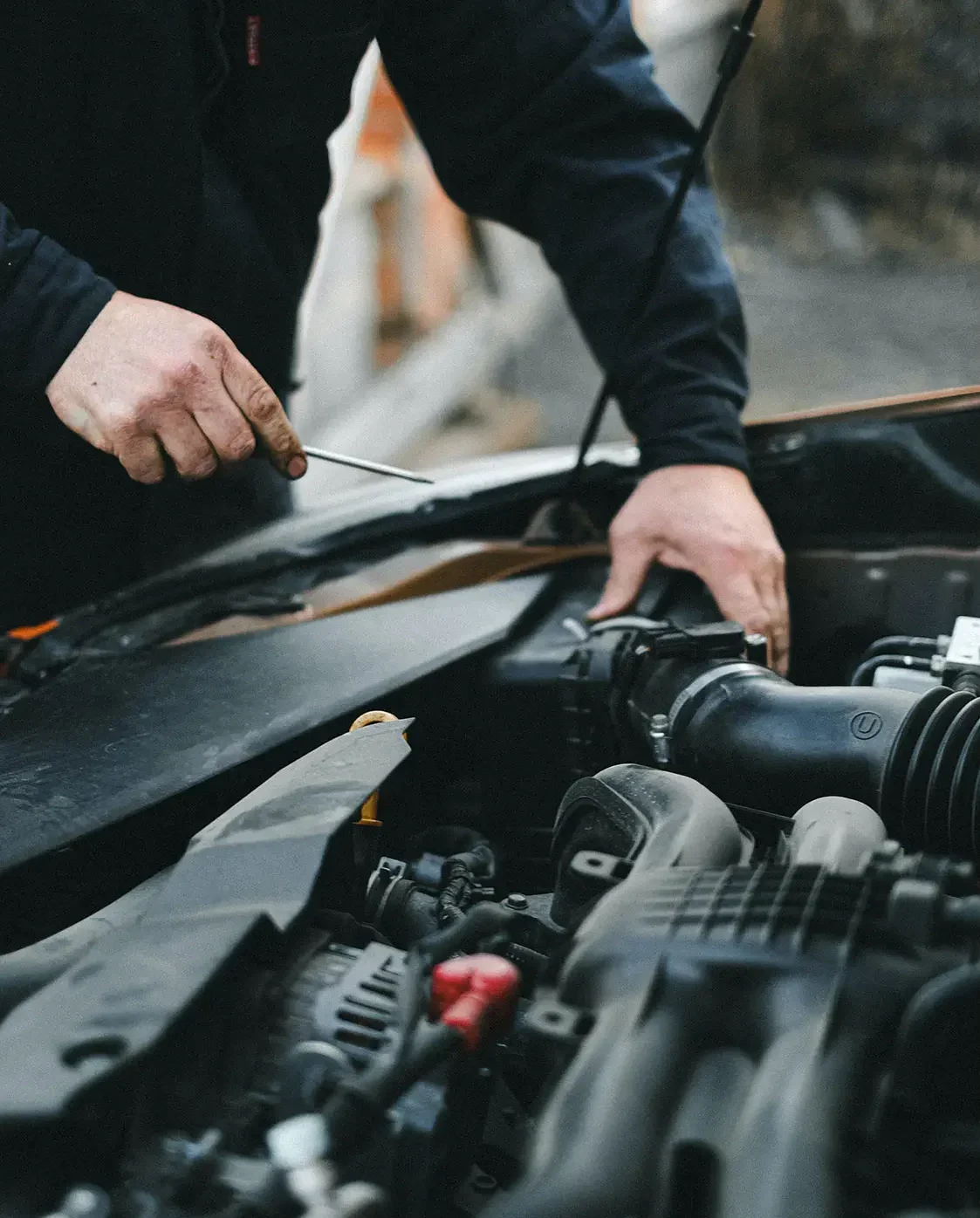
Driving the speed limit is not only safe and lawful but speeding decreases fuel economy. Specifics vary from vehicle to vehicle, but fuel efficiency decreases for every mile per hour over 50 mph. Also, pay attention to maintaining a consistent speed which increases mileage.
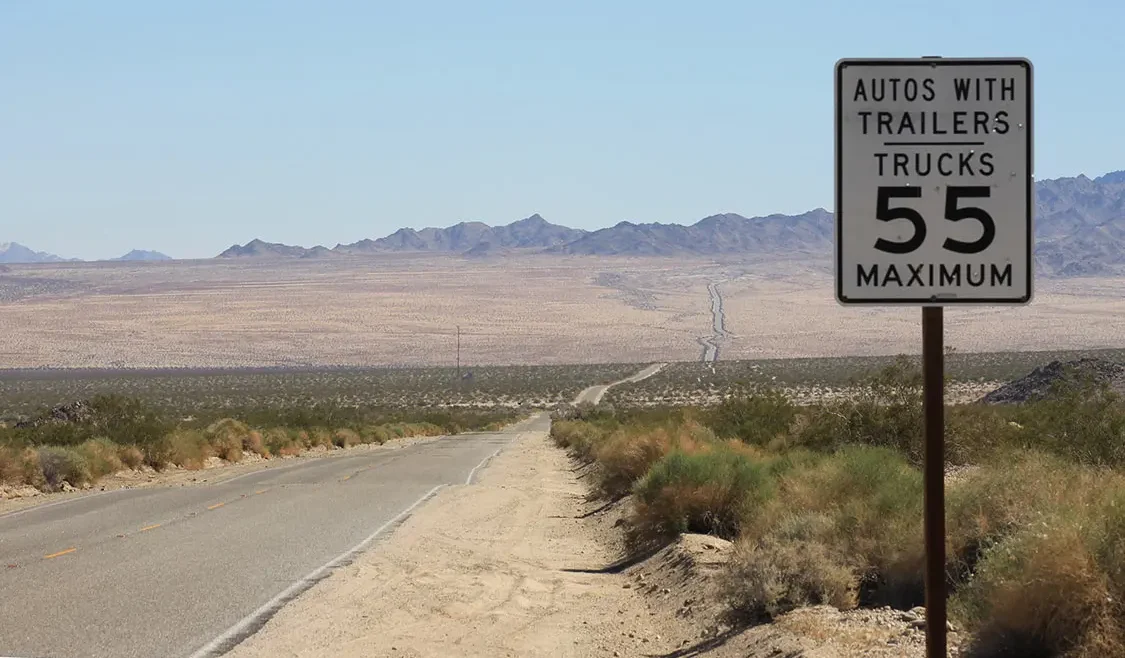
Don’t exceed your vehicle’s recommended oil change intervals. Routine oil changes improve your engine’s overall efficiency and gas mileage by preventing the breakdown of oil and the buildup of sludge that happens over time. Increased stop-and-go traffic, towing, and hard driving also reduce oil performance. Use only your vehicle manufacturer’s recommended weight; thinner or thicker oil can create problems you don’t need.
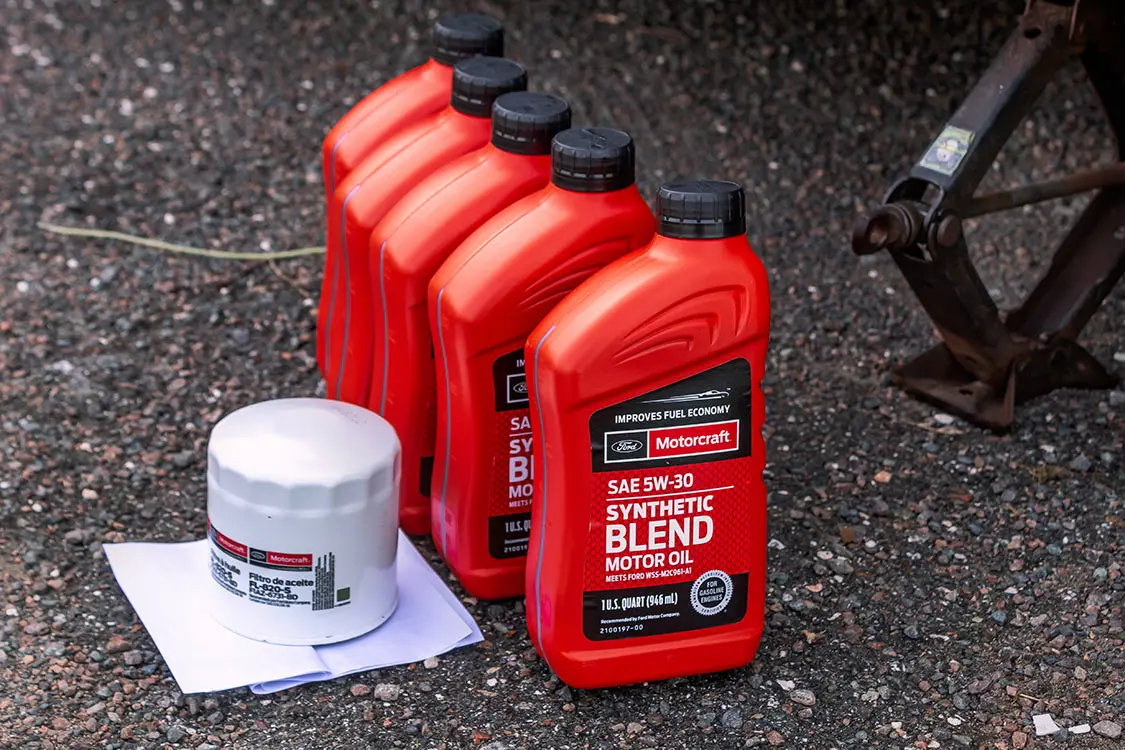
A quality fuel injector/carburetor cleaner is a simple, affordable way to remove carbon deposits and moisture from the fuel system, improving the performance and efficiency of your engine. Purchase quality fuel from reputable stations. Low-quality fuel will cost more later in expensive repairs.
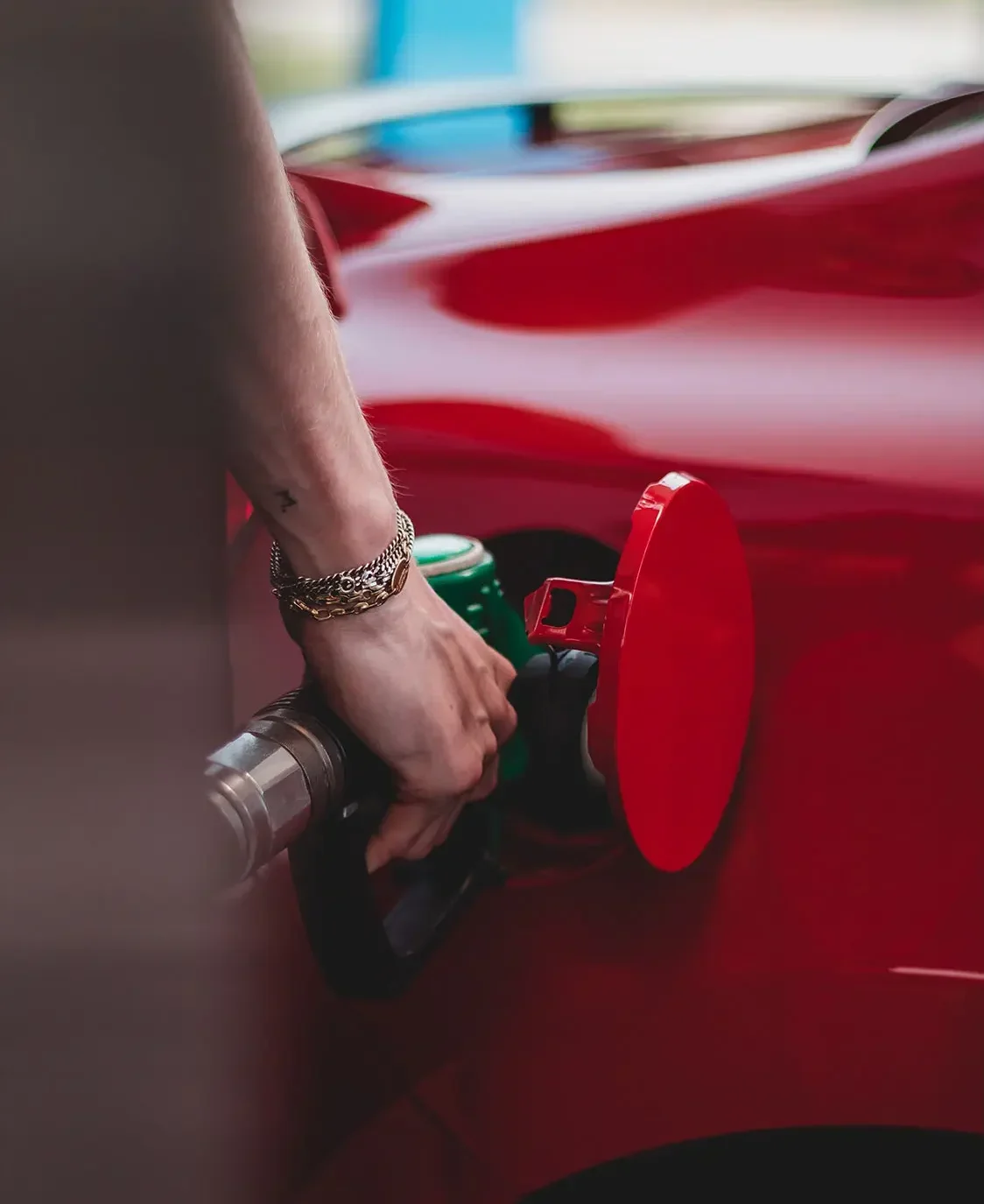
TIP: Purchase the fuel with the octane rating your Owner’s Manual recommends. Spending more money on octane your engine wasn’t designed to burn wastes money.
Tires that are out of balance and vehicles that are out of alignment will decrease your mileage due to the rolling mass creating more friction and vibration. Check your tires regularly or have them checked for uneven wear or damage. If your steering pulls left or right have your vehicle aligned right away. Avoid potholes and hitting parking stops which can cause misalignment.
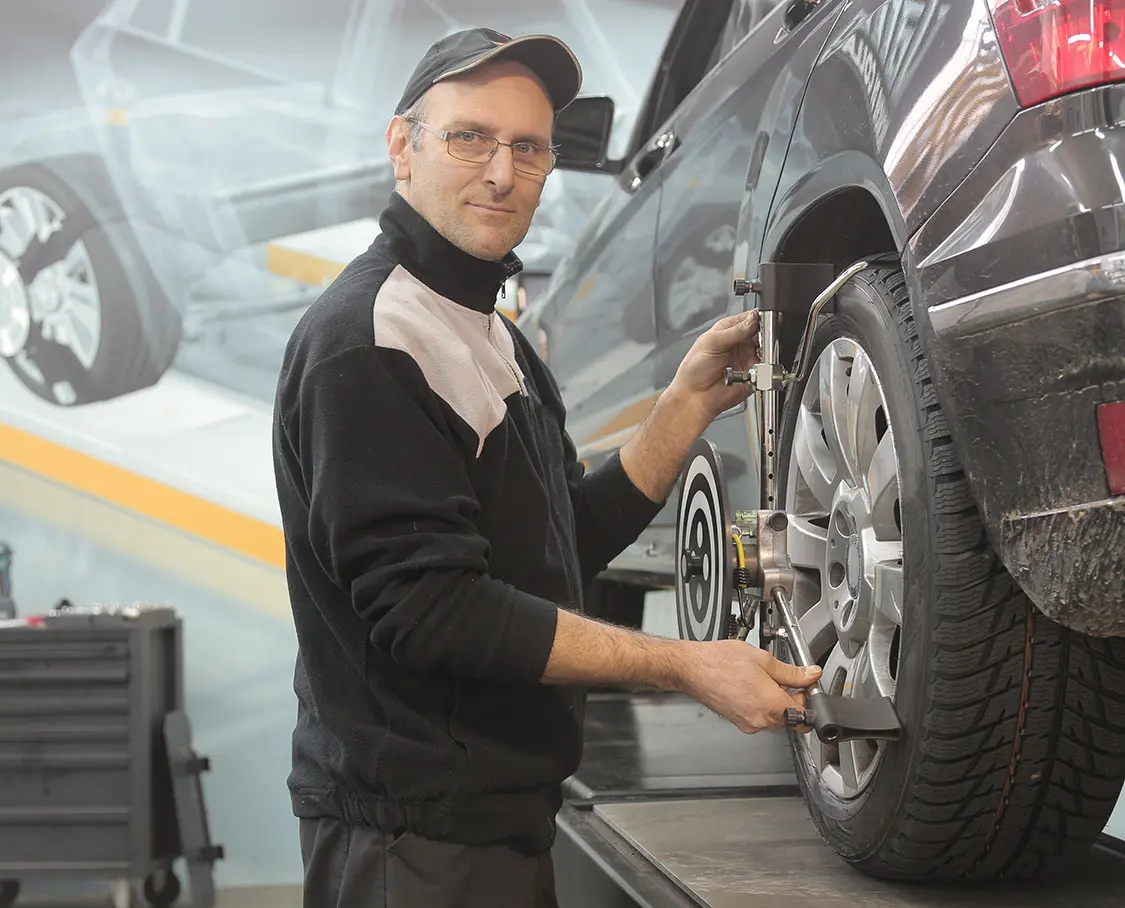
A dirty fuel filter begins to restrict fuel flow and cause your engine to receive irregular amounts of fuel. This results in a loss of performance, hard starts, and decreased fuel efficiency. In most applications that use fuel filters, it’s a quick change with lasting benefits.
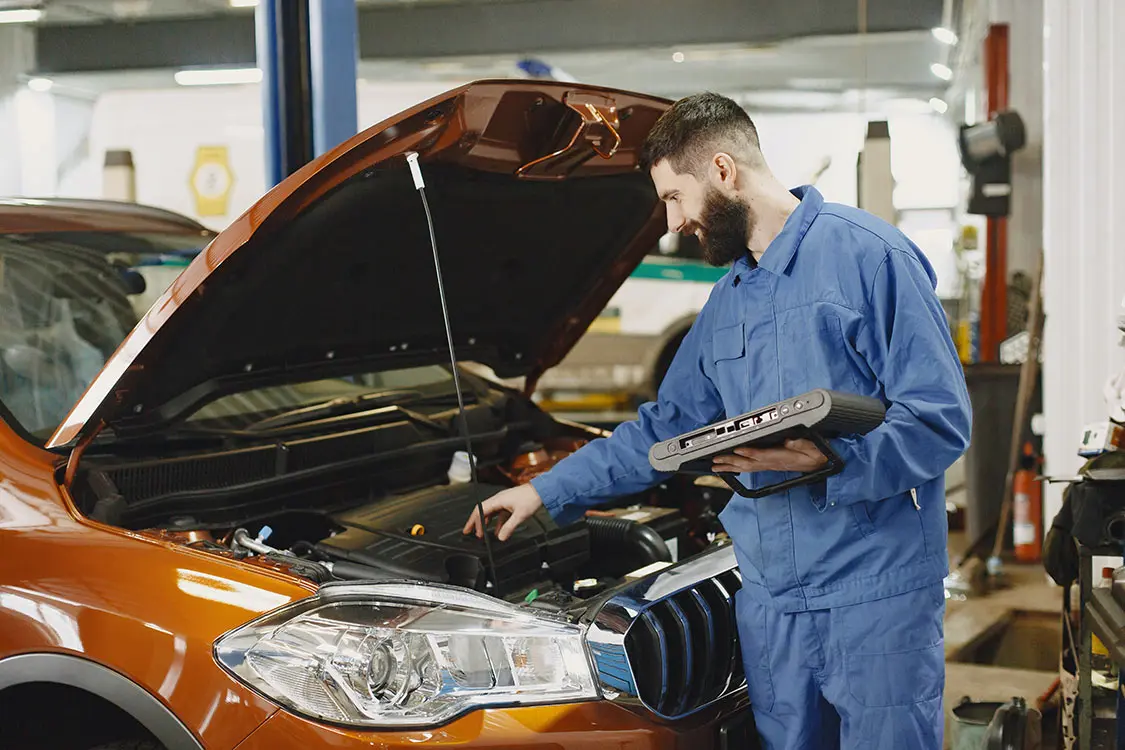
Spark plugs ignite the fuel mixture in the cylinder to create power. Over time, spark plugs develop carbon buildup which can reduce engine power and lead to incomplete combustion. Damaged or older spark plugs can decrease fuel economy by up to 30%. Replacing them is one of the best things you can do for your car’s gas mileage.
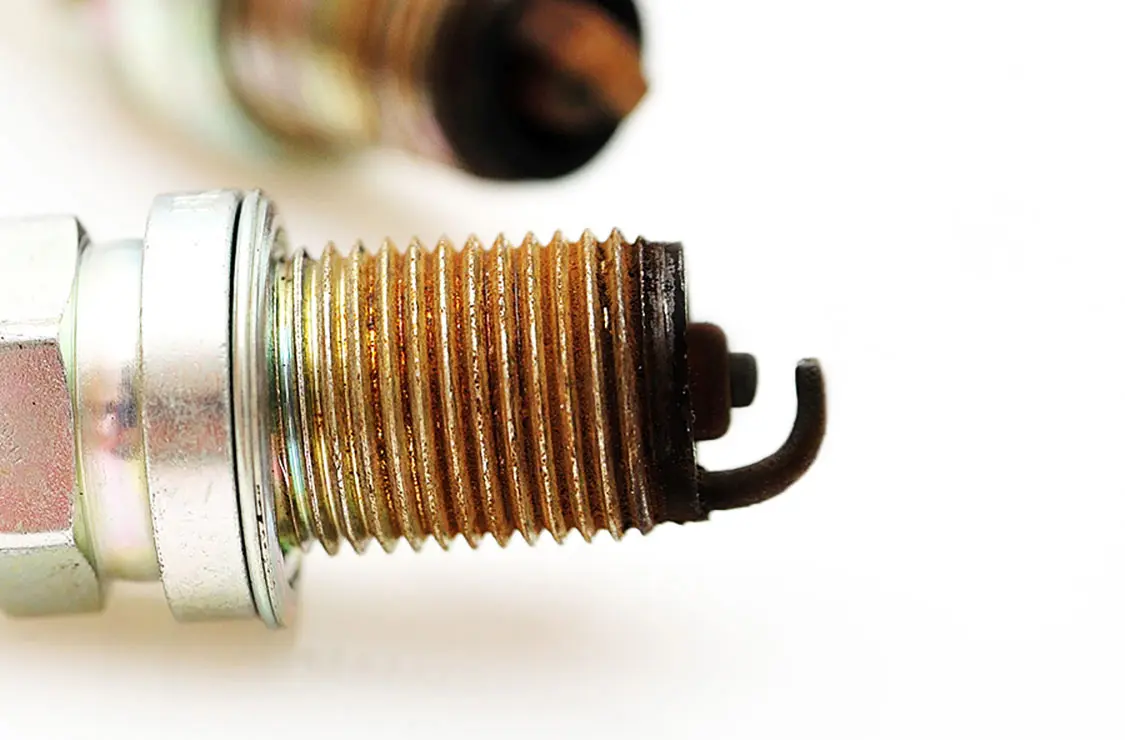
If your Check Engine light comes on or you receive a DTC (Diagnostic Trouble Code) reading it means something is not operating as it should. It could be a failing sensor, an improper fuel mixture, or a misfire. Problems associated with a Check Engine light can have a major effect on performance and mileage. Even a loose gas cap can trigger the Check Engine light. Many retail auto parts stores offer a free Check Engine/DTC Code diagnosis.
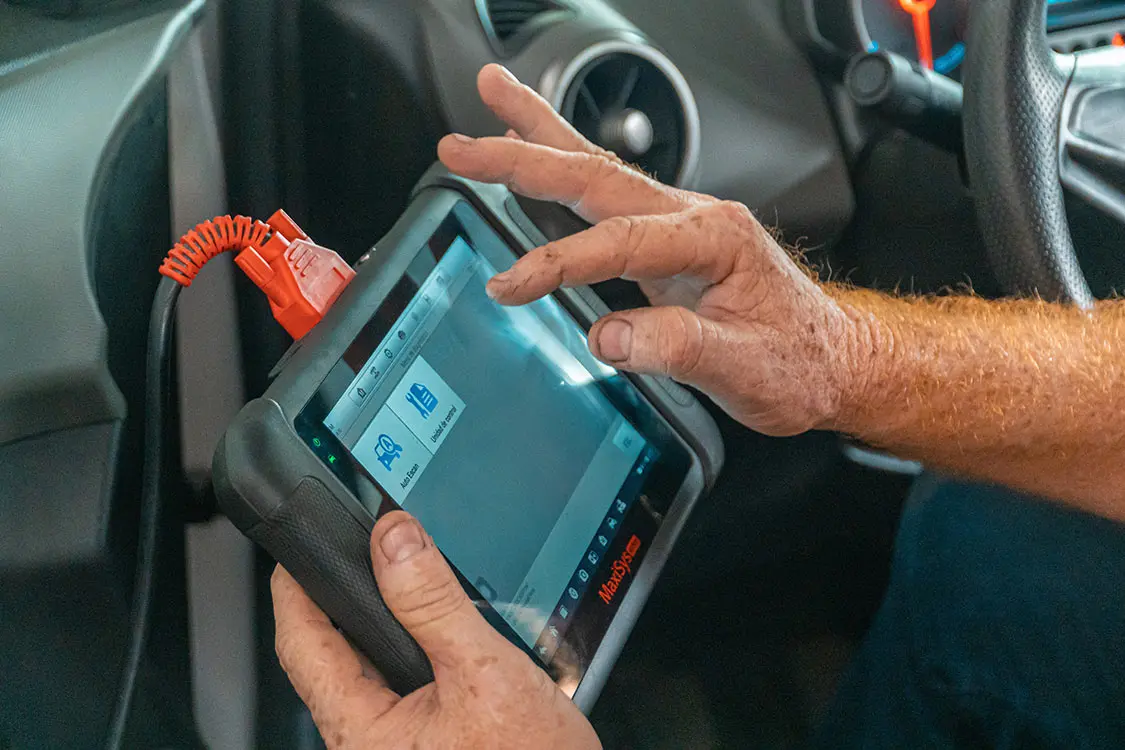
Images provided by:
Unsplash.com
Bruno-Guerrero
Rinald-Rolle
Terry-Jaskiw
Tim-Foster
Tim-Mossholder
Wassim-Chouak
Chase-Baker
Chethan-Kvs
Kevin-Myers
Omer-Haktan-Bulut
Pexels.com
Andrea-Piacquadio
Anna-Shvets
Ben-Walsham
Erik-McLean
Gustavo-Fring
Matheus-Bertelli
Mathias-Reding
Mídia
Taras-Makarenko